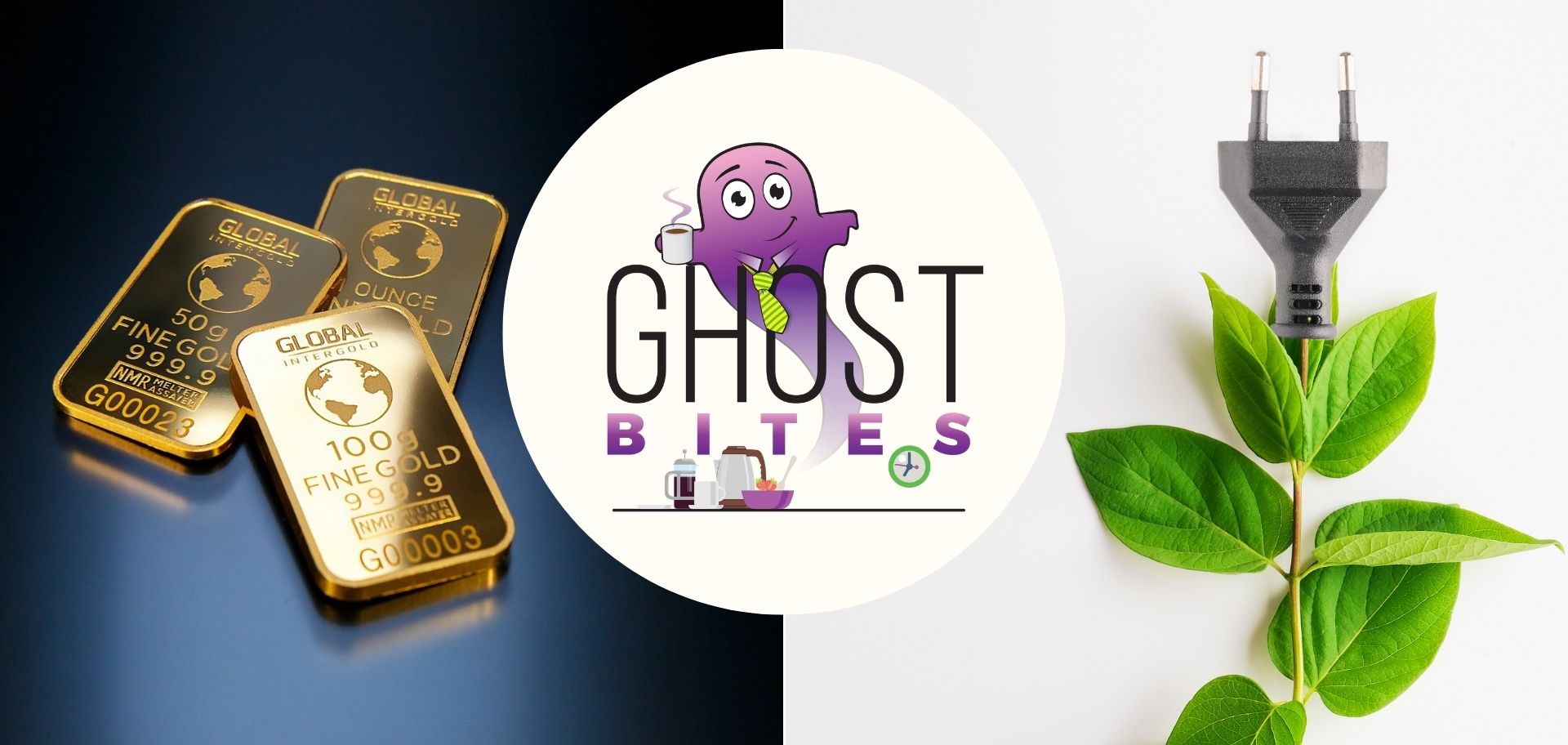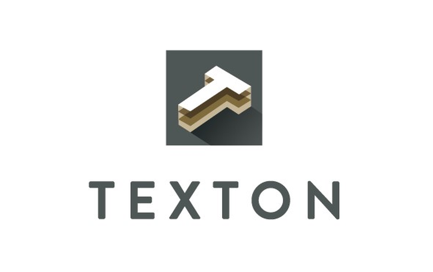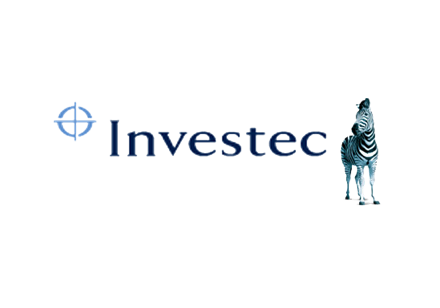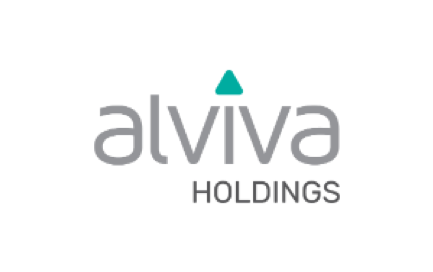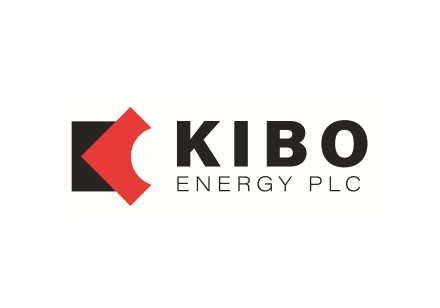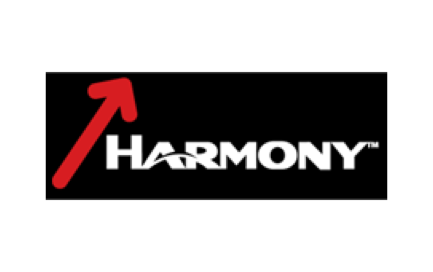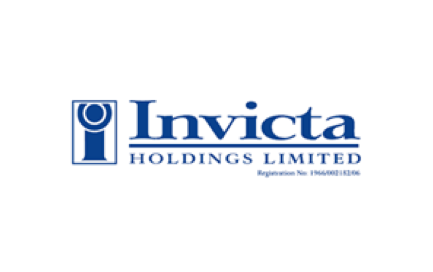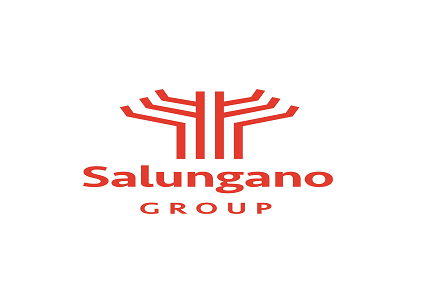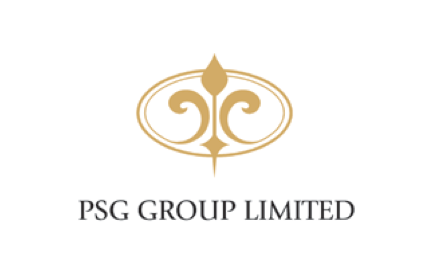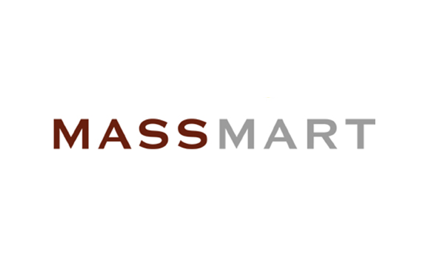If you enjoy Ghost Bites, then make sure you’re on the mailing list for a daily dose of market insights in Ghost Mail. It’s free! SIGN UP >>>
Ever heard of Exor? No? Ever heard of Ferrari?
Why are famous Italians buying shares in Harmony Gold?
Harmony Gold announced that an investor called Exor Capital LLP now holds 5.12% in the company. When it’s an institution that doesn’t ring a bell, it’s always worth Googling to find out more.
Exor Capital LLP is part of the much bigger Exor group, which is listed on Euronext Amsterdam. It has historically been listed on Euronext Milan, which is the first clue to the group’s background.
The next clue is the gorgeous red metal on the website. You are immediately hit with videos and images of Ferrari, because Exor holds 22.9% of the economic rights in the company and 36.1% of voting rights. There’s another very strong clue.
The founder of Exor is Giovanni Agnelli, who also happens to be the founder of FIAT. The CEO of Exor is John Elkann, who is also the Chairman of Ferrari and Stellantis, the automotive conglomerate that includes Fiat and various other brands.
Although John was born in the US, his grandfather is Giovanni Agnelli. Having an uncle in the supercar business is WAY more fun than an uncle in the furniture business.
In addition to the Ferrari stake, Exor holds 14.3% of the economic rights in Stellantis and 63.8% of economic rights in Juventus! There’s no shortage of passion going around here, complemented by some style in the form of a 24% stake in Christian Louboutin. In case that name doesn’t ring a bell, it’s because the shoes are so expensive that mere mortals (and ghosts) can’t afford them.
In the media space, Exort holds 43.4% of the economic rights in The Economist, as well as 89.6% in Italian media conglomerate GEDI Gruppo Editoriale. The list goes on.
Does Exor plan to add Harmony to this portfolio? No, probably not. Exor Capital LLP is a fund manager that happens to be part of the Exor group. This is the vehicle through which Exor gains exposure to a diversified portfolio of publicly traded companies.
And in case you want to learn more about Ferrari, we covered it in Magic Markets Premium last week!

Investec released a pre-close update
HEPS will be between 21% and 38% higher for the six months to September
Investec’s share price has been range-bound this year, trading between R75 and nearly R97 per share. For traders prepared to play that range, it’s big enough to be juicy. For buy-and-hold investors, there’s been no joy this year.
Although the “market facing businesses” have had a tough time in this macro environment, Investec has maintained its positive revenue trajectory overall. In the five months ended August 2022, the Wealth & Investment business experienced a 2.7% decline in Funds Under Management. There were net inflows though, so this is a market story rather than an underlying business story.
It’s worth reminding you that Investec distributed 15% of Ninety One at the end of May, retaining only a 10% interest in that business.
On the banking side, the Specialist Banking division grew core loans by 7.8%. Corporate lending was strong in the UK and South Africa. Mortgage growth was predominantly experienced in the UK.
Importantly, revenue growth was ahead of costs growth. This means that the cost-to-income ratio improved in this period, a key metric in any banking group. The credit loss ratio is also critical, with that metric normalising towards the through-the-cycle range.
For the six months to September, Investec expects Return on Equity (ROE) to be within the group’s target range of 12% to 16%. We will know the exact number when the bank reports interim results on 17 November.
Interested in renewable energy?
Kibo Energy is essentially a startup in the renewable space
Although Kibo has reported a loss of £1.9 million for the six months to June 2022, this is essentially a startup by listed company standards. The focus at the moment is on strategic progress rather than financial results.
The group is looking to dispose of coal assets and invest in various renewable energy opportunities. For example, Kibo has a 65% stake in a business that has entered into a 10-year take-or-pay agreement to generate base-load electricity from a 2.7 MW plastic-to-syngas plant. Kibo secured the exclusive rights to the CellCube products in SADC countries, which provide long duration energy storage solutions. Sticking with those types of solutions, Kibo also acquired 51% of National Broadband Solutions, which allows it to jointly assess and develop a portfolio of these energy storage projects.
The group is also busy with researching renewable energy fuel sources to convert existing energy projects in Tanzania, Botswana and Mozambique to clean or renewable energy projects.
To help fund these ambitions, there’s a bridging loan facility agreement with an institutional investor for up to £3 million with a term of up to 36 months. The initial drawdown of £1 million is available immediately.
There are various other commercial agreements that Kibo has achieved since the end of June. If you are an investor who is interested in renewable energy, then you should spend time researching Kibo and learning about the business. Just be warned that the share price has low levels of liquidity and can sometimes do crazy things like this:

Important correction: Massmart
In Friday’s edition of Ghost Bites, I noted that the standby general offer from Walmart would be a way to mop up shares if the scheme of arrangement fails. This is the standard market practice with these offers.
It was pointed out to me that this offer is different, so I’m including an important correction here after I went and dug through the finer details of the offer.
This is a conditional general offer that is only effective if the delisting is approved and if at least 90% of shareholders accept the offer. This would be an odd situation, as the scheme requires 75% shareholder approval, so that would’ve presumably been successful first.
The 90% threshold is so that Walmart would be able to use a “squeeze-out” that forces the remaining shareholders to sell.
Importantly, Walmart can waive the 90% requirement. My reading is that if the delisting is approved and only e.g. 70% of shareholders accept the offer (which wouldn’t be enough for the scheme to have been successful), Walmart is giving itself the flexibility to go ahead with the deal and take 30% of shareholders into a private environment.
The critical point is that Walmart is not looking to mop up a few shares here.
Little Bites
- Director dealings
- A non-executive director of Salungano Group has bought shares in the company worth R157k.
- One of Dr. Christo Wiese’s investment entities has bought R3.1 million worth of shares in Invicta.
- Des de Beer’s entities are still piling into Lighthouse Properties, this time for nearly R3.1 million.
- Alviva Holdings has been trading under cautionary since 30 June 2022 regarding a potential offer for all the shares in the company. It is still negotiating with the consortium looking to make an offer. At this stage, there is only a non-binding expression of interest. This means that there is absolutely no guarantee of a formal offer being made.
- Texton Property Fund released results for the year ended June 2022. The direct portfolio is worth R2.6 billion and the international portfolio (where Texton invests in other funds) is worth R485 million. The core South African portfolio is facing serious challenges, with vacancies up to 22.3% from 10.5%. The loan-to-value ratio is ok at 37.6%, so the vacancies are the focus. The net asset value (NAV) per share is 587.28 cents and the share price closed at R3.33, so that’s a discount of 43% to NAV.
- There’s a final interesting twist in the tale with PSG. The dissenting shareholder under section 164 has withdrawn its written demand to the company in respect of its appraisal rights. This is a court process that follows a scheme of arrangement, in which a shareholders argues to be paid out “fair value” – which only makes sense if fair value is higher than the scheme payment. This is bigger news than you think, as the market has seen several examples of “opportunistic” section 164 processes, in which the dissenting shareholder buys the shares after the scheme price was announced and then argues that it is too low. It will be interesting to track developments in this space going forward.
- There’s more movement at Ascendis Health, with CFO Cheryl-Jane Kujenga stepping down from her role.

